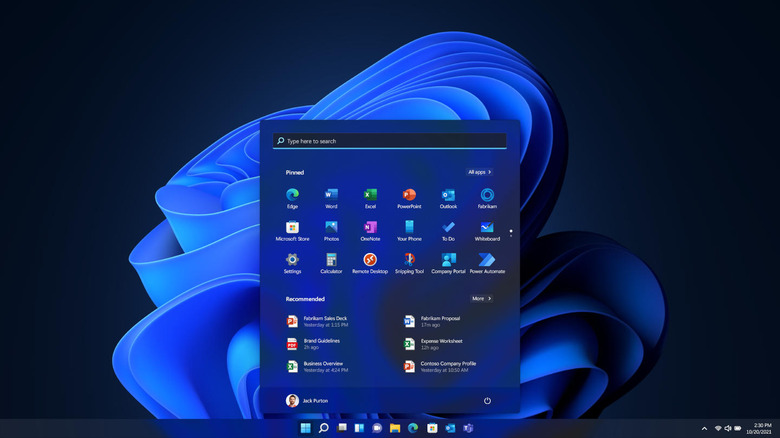Windows Update Makes Sure You Can't Escape Microsoft Edge
On a technical level, Microsoft's shiniest new web browser is actually good. Built on top of Chromium (not Chrome), Microsoft Edge offers added value in terms of new features, optimizations, and improvements before Google can even implement them. Unfortunately, it is Microsoft itself that is giving people reasons to stay away from Edge, and the latest update to Windows 10 and Windows 11 only reinforces Microsoft's image of bullishness and aggression.
Microsoft Edge is a good browser, but it's certainly not the best in class. For some Windows users, it actually has the makings of becoming the best, but even those have been taken aback by Microsoft's pushy tactics. There are now even concerns that Edge is being groomed to be like Internet Explorer, which has become synonymous to being slow, bloated, and intrusive.
That wouldn't be too big of a problem if Microsoft didn't make it inconvenient to switch the default browser on Windows. In Windows 11, that has become a much-criticized multi-step process that seems to be designed to deter users from even trying. There are also parts of Windows that launch a browser, and that browser will be Microsoft Edge, regardless of what you set as a default.
These are the links that use the "microsoft-edge://" protocol, similar to regular "https://" web addresses but used only by Microsoft for certain cases. Specifically, these links are used inside Microsoft first-party apps, like in the Settings apps, or in Bing search results from the Start menu. These are designed to be opened in Edge and only in Edge, and Microsoft intends to keep it that way.

Firefox and some third-party apps like EdgeDeflector have developed ways to bypass this policy, but only temporarily. How-To Geek reveals that the latest Tuesday patches for both Windows 10 and Windows 11 have shut the door on those workarounds. Naturally, Mozilla and developers are none too happy, but it isn't surprising either.
Microsoft told The Verge that it considers these workarounds to be improper. The "features", as it calls it, is designed to deliver a seamless end-to-end customer experience, like from the Windows Taskbar search to Bing results on Microsoft Edge. Others, of course, would call these "anticompetitive strategies", and it could give regulators a new reason to investigate the company.
